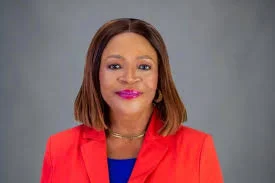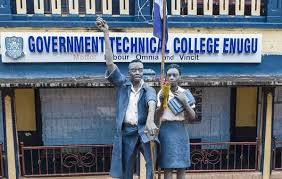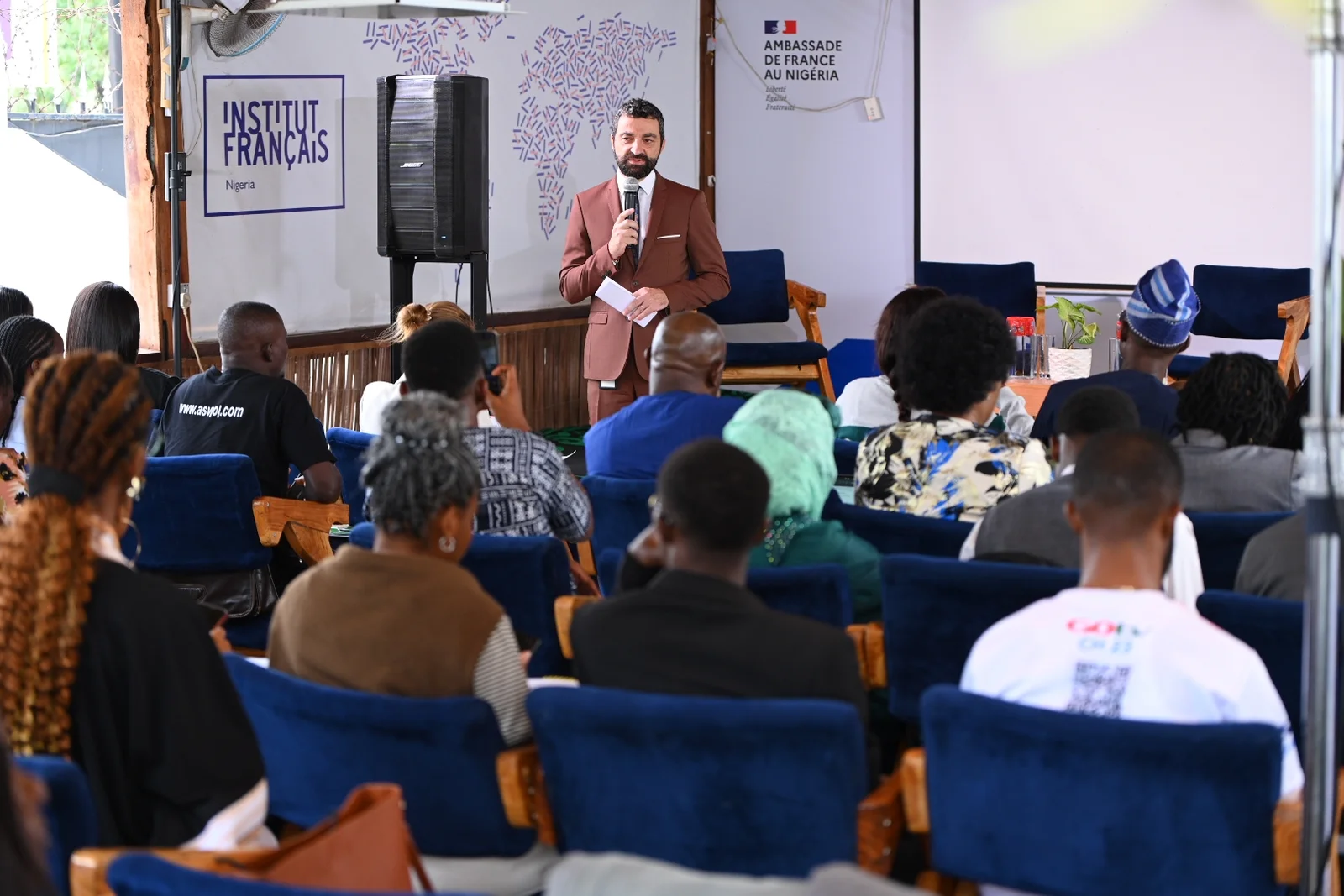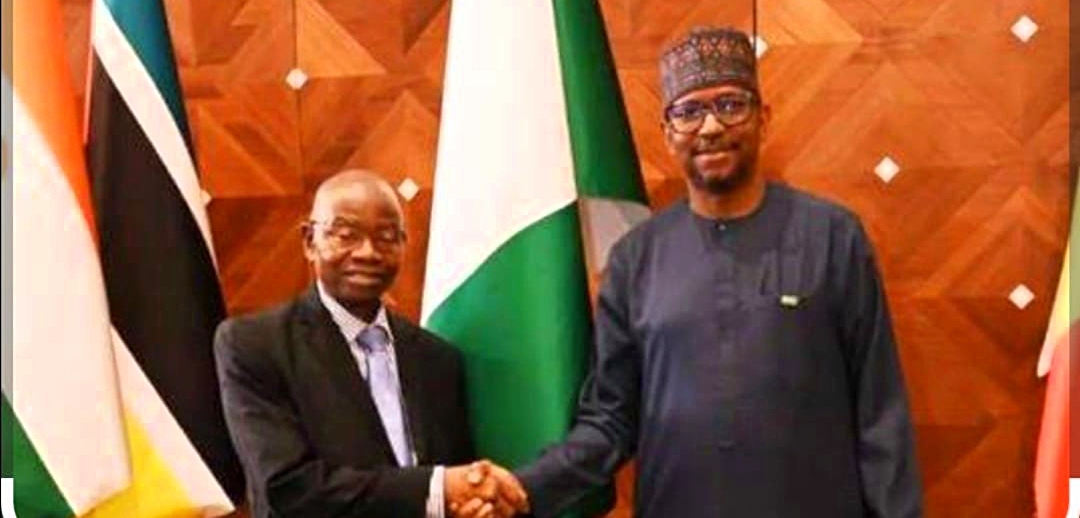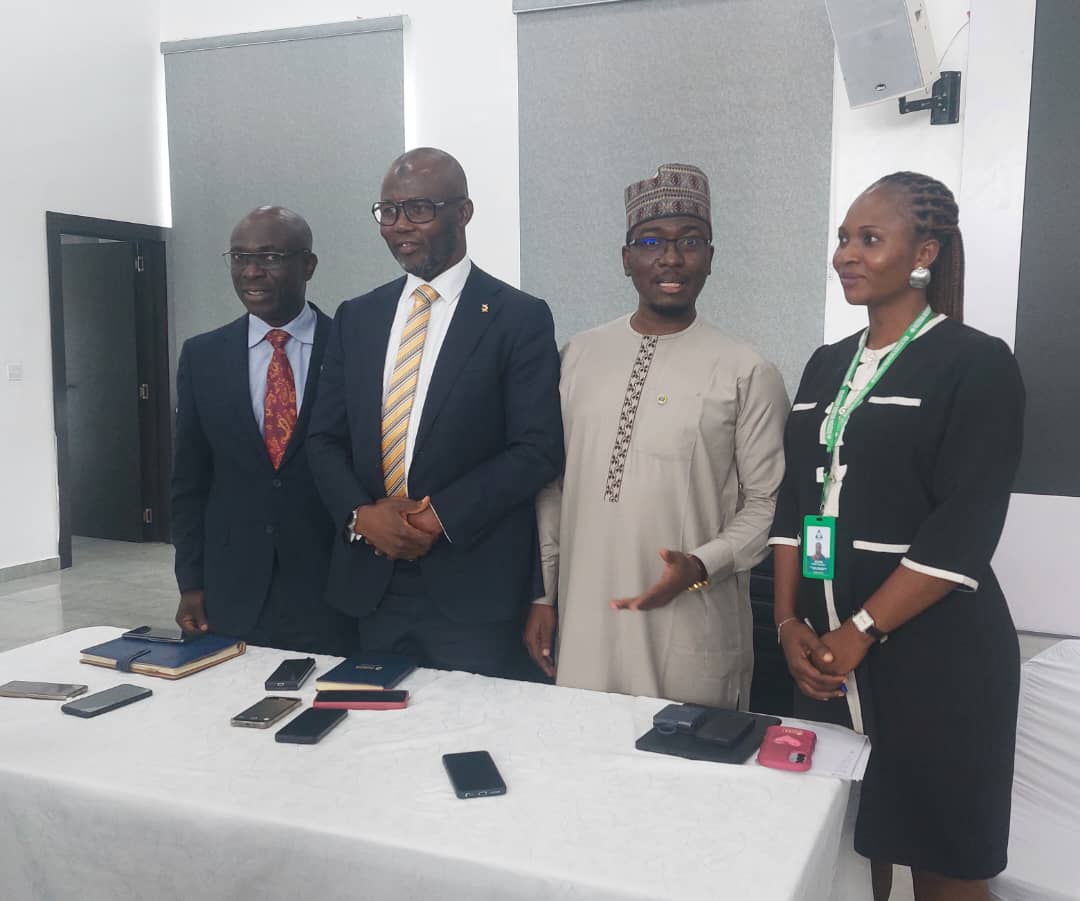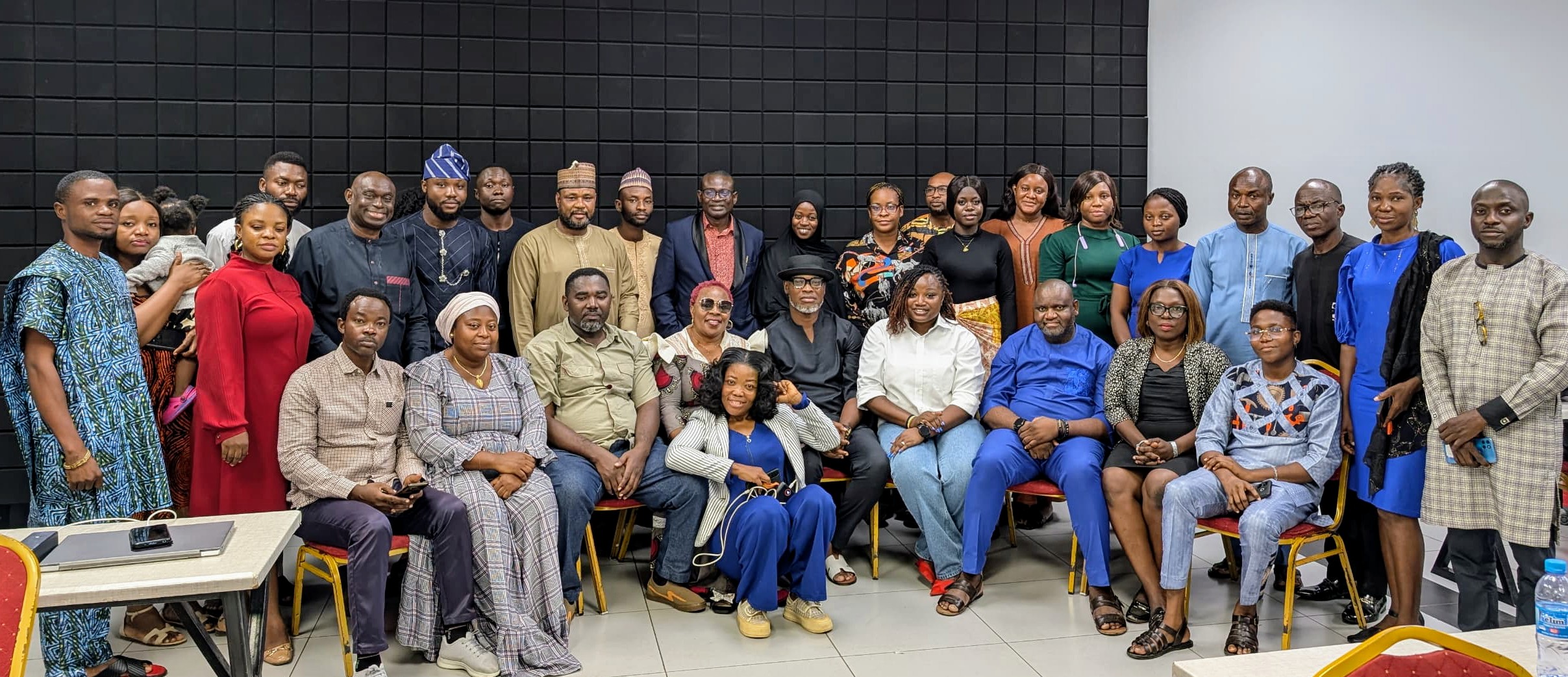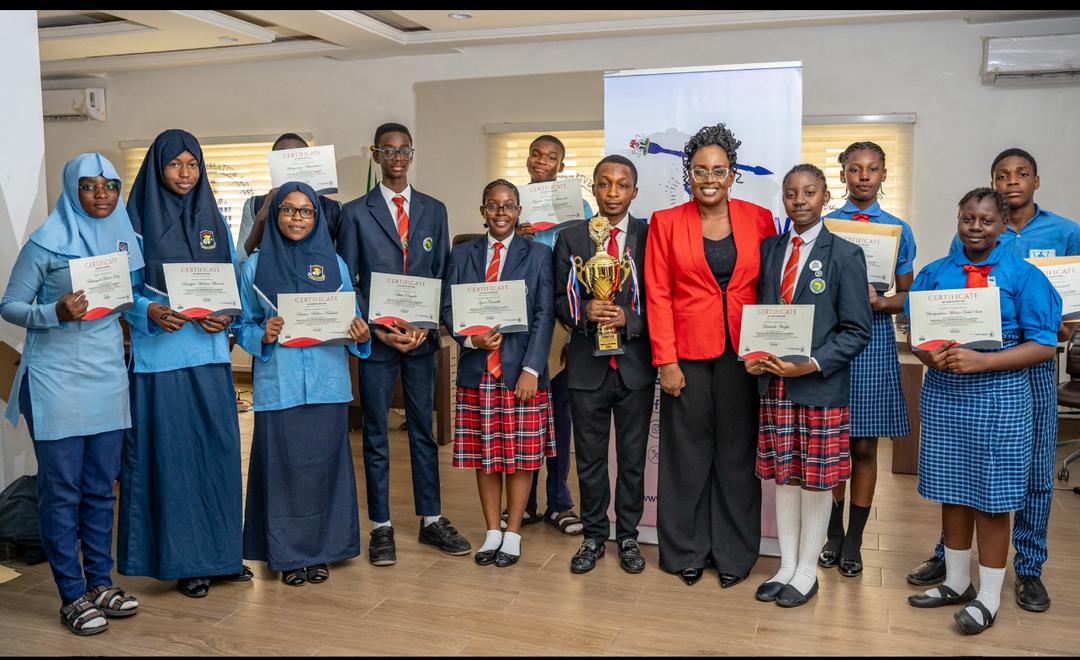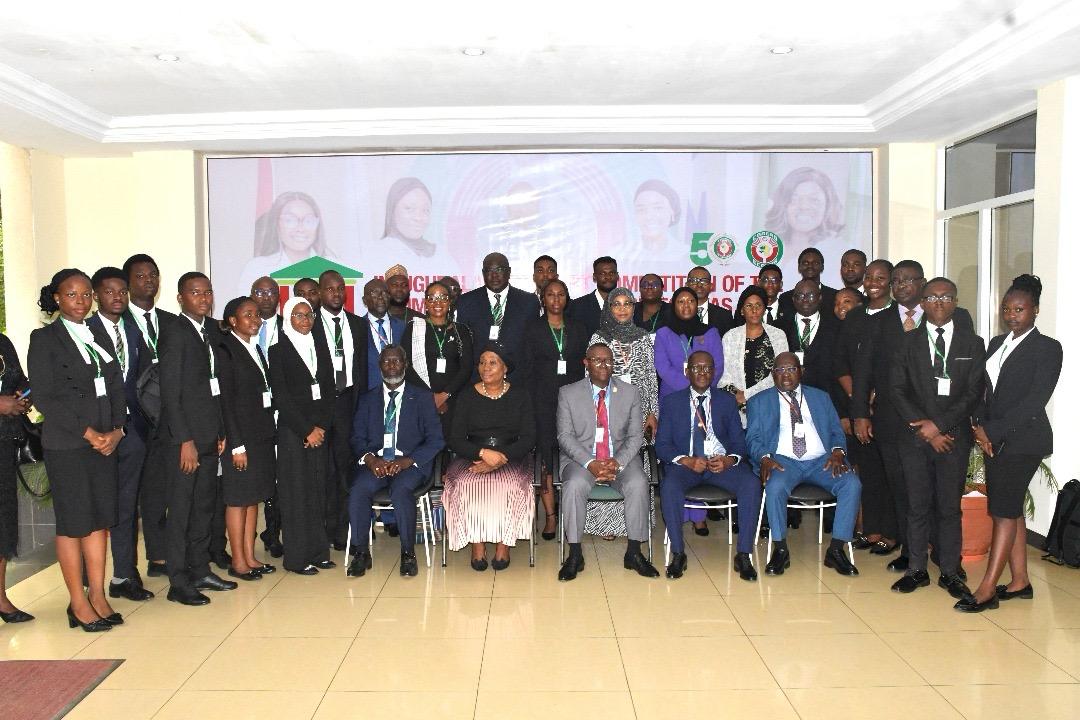150 total views today
By Emmanuel Afonne
Malam Shehu Dikko, Chairman, National Sports Commission (NSC), says efforts are being made to rebrand the Nigerian sports sector to make it attractive for investors.
Dikko spoke on Wednesday in Abuja during the executive board meeting of the Nigeria Olympic Committee (NOC) consisting of all the heads of sports federations in the country.
The News Agency of Nigeria (NAN) reports that the meeting was organised to draw a framework and clean the system, which in turn will attract investors.
“We see the sports federation presidents as our operational officers; they are the ones on the field, and are the ones driving the individual sports, as well as the ones driving the vision that we are working on.
“So, we have to align our thoughts and our vision to align with what we are trying to do in line with the mandate President Bola Tinubu has given us; so, we have to explain that to them so that they can understand it.
“You have to clean the system up; put it in the right perspective and make sure that it is attractive to the big supporters, investors and everybody to get there.
“So, we have to put that framework together; that is why we said we are resetting, refocusing and relaunching.
“As the Chairman of the National Sports Commission, myself and the Director General are invited to be part of it.”
According to Dikko, Tinubu is keen on seeing sports contribute to the economy.
“Tinubu is very intentional sports development; he believes sports should be a key driver of the economy; it should be a platform that will create opportunities, create jobs, create social impact and increase our security.
“If sports is working, security will improve because the young ones will get something to do; so, he is very intentional about it and therefore, he feels that the best way to do it is to go in this direction.
“We have a clear plan of how to do it but it is not about bringing the money; it is about bringing the right money.
“We will focus on making things better, reset our thinking to be more domestic, and relaunch our sports to make it more positive.
“When we do that, then you can see part of our key pillars to get the private sector involved.”
Dikko said that the president had his target for instituting the NSC, as he was keen on removing obstacles to sports development in the country.
“The president is very bold and very deliberate in whatever he does and has technically removed sports from all the bureaucratic complaints and issues, and put it directly on his table.
“You can see the drive going forward; everybody is appreciating that process; everybody is seeing the direction he is going, and that is why you can see the whole industry is calm; everybody is focusing on their assignment.
“The last Sports Festival is a testament to what can be achieved if everybody is working together; everybody is happy about it because it is a huge success.
“That is how we want to see our sports being week in week out; we should be having a weekly sports festival; of course, all sports happening across the country and creating jobs.
“That is the kind of support the President has given to us; that is the kind of vision he wants us to do, and we have to do it,”Dikko said.
President of the NOC, Habu Gumel, in his remarks, tasked the sports federations to take up the challenge and ensure that Nigeria became one of countries to be reckoned with in sports.
“I am so glad that it is a joint meeting between the Nigerian Olympic Committee, all the national federations, Olympic sports and the Chairman and the DG of the National Sports Commission.
“So, we met to rub our minds, to discuss issues of mutual understanding, because we have to collaborate with one another; we have to work together in the interest of our country.
” I am happy that a lot of the national federations asked questions, clarification were made, advice was given, and the chairman and the DG were able to answer all the questions to the happiness of everybody.
“We also discussed issues about the upcoming games like the Islamic Games in Riyadh, the Youth Games in Angola, the School Games in Algeria, the Youth Olympic Games in Dakar, and even the Los Angeles 2028 Olympics.
“We are ready to make sure that Nigeria shines in all the games that we are going to attend.”
Gumel said that funding had always been a serious challenge to the country’s participations at international events but that the new era of sports might be different from previous administrations.
“Yeah, funding issue is a challenge, but the National Sports Commission and the government is doing their best, and we are going to the private sector again, to ensure that the private sector give us their support.
“This will enable us to go for the qualifications, and then, we can attend the games proper, so that we can make our country proud,” Gumel said.
No fewer than 28 sports federations including Athletics Federation of Nigeria, Nigeria Aquatics Federation, Nigeria Archery Federation, Nigeria Wresting Federation, Badminton Federation of Nigeria and the Nigeria Basketball Federation attended the meeting. (NAN)(www.nannews.ng)
Edited by Chijioke Okoronkwo





